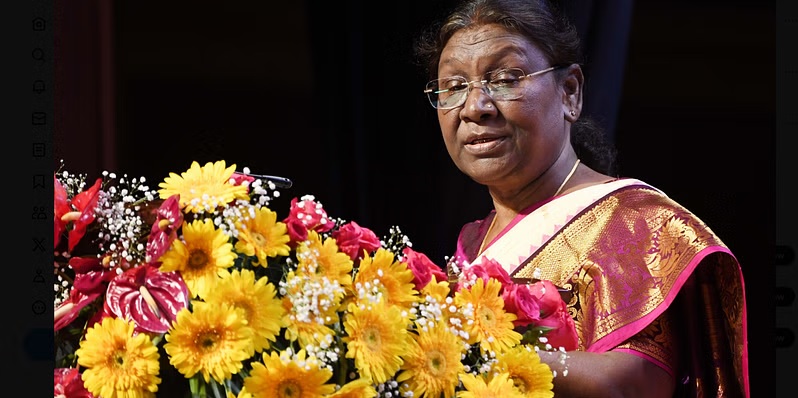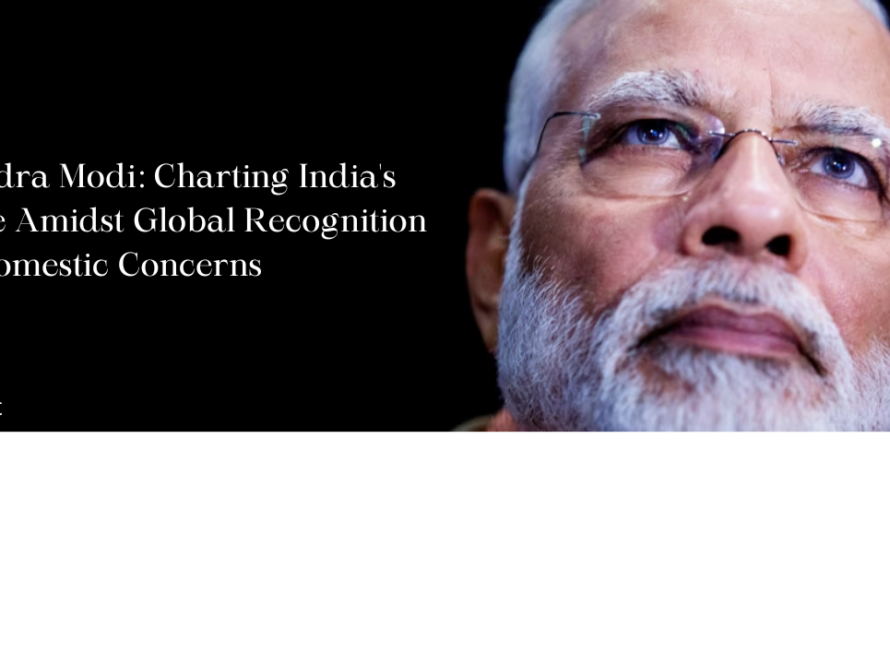In a remarkable initiative, Rinzing Choden Bhutia, a Sikkim-based entrepreneur, is making waves with her sustainable skincare brand, Agapi Sikkim.
The brand not only focuses on organic and handcrafted skincare products but also takes a significant step towards empowering tribal women in the region by providing them with training to start their own businesses.
Sikkim Woman Entrepreneur Empowers Tribal Women Through Sustainable Skincare Brand
Bhutia’s journey began in 2012 when she returned to her native state, Sikkim, after corporate stints in America Online and Asti Electronics. Determined to create a sustainable lifestyle, she and her husband decided to build Agapi Farm, a farm stay in Kabi, North Sikkim.

The idea of a sustainable farm stay evolved into the creation of Agapi Sikkim when a casual conversation on avoiding plastic led to the concept of handcrafted soaps and skincare products.
Amid the challenges posed by the COVID-19 pandemic, Bhutia utilized her time to research organic ingredients and delve into soap-making.
Instead of sourcing materials from outside the state, she chose to utilize the rich biodiversity of Sikkim, incorporating local plants like Tite Pati (mugwort), turmeric, and aloe vera into her products.
Agapi Sikkim’s commitment to sustainability took a social turn when Bhutia collaborated with the Skill Development and Capacity Building Department in Sikkim to train 21 women from tribal communities in handcrafted soap and skincare product making.
This initiative provided an opportunity for women who were largely dependent on their husbands for livelihood to become self-reliant and form a self-help group.
Over a two-year period, Bhutia has trained over 400 women, emphasizing empowerment and skill development. The brand not only manufactures a variety of skincare products but also ensures that all items undergo certification after testing in a lab.
Agapi Sikkim recently achieved a significant milestone by becoming the first women-led startup in Sikkim to attract foreign direct investment (FDI).

With a fund infusion of Rs 60 lakhs from local figures in Sikkim and contributions from venture capital firms and global impact investors, including Arun Seed and Ahaana Ventures, the brand is now valued at $1 million.
As Agapi scales up, Bhutia remains committed to her mission of utilizing Himalayan ingredients and empowering women across different corners of Sikkim. The brand’s unique selling proposition lies in its focus on local Himalayan ingredients, ensuring a sustainable approach to skincare.
Bhutia plans to continue providing women with not only product-making skills but also training in marketing, packaging, and distribution.
In a positive development, Madhav Fashion Fabric Brand has expressed its support for Agapi Sikkim’s mission. In a statement,
Madhav Fashion Fabric Brand applauds the efforts of Agapi Sikkim in promoting sustainable practices and empowering women in the region. The collaboration signifies a shared commitment to fostering entrepreneurship and sustainability in the Himalayan region.
[Brand Statement from Madhav Fashion Fabric Brand: “We are delighted to support Agapi Sikkim in their mission to create sustainable skincare solutions and empower women in Sikkim. This collaboration aligns with our values of promoting eco-friendly practices and community development in the Himalayas.”]

FAQ
1. How did the idea of Agapi Sikkim originate, and what sets it apart in the skincare industry?
Agapi Sikkim was born out of Rinzing Choden Bhutia’s vision to create a sustainable farm stay in North Sikkim. A casual conversation about avoiding plastic led to the idea of handcrafted soaps and skincare products. What sets Agapi apart is its commitment to using local Himalayan ingredients, focusing on sustainability and empowering tribal women through training initiatives.
2. Can you elaborate on Agapi Sikkim’s social impact and empowerment of tribal women?
Agapi Sikkim goes beyond skincare; it’s a social venture. Rinzing Bhutia has trained over 400 tribal women in soap and skincare product making, offering them a platform to become self-reliant. The initiative provides a safe haven for these women to share experiences and support each other while acquiring valuable skills.
3. What role does local biodiversity play in Agapi Sikkim’s product formulation?
Agapi Sikkim taps into Sikkim’s rich biodiversity, using local plants like Tite Pati, turmeric, and aloe vera. This not only promotes sustainable practices but also harnesses the medicinal and heritage properties of these plants, offering customers a unique and natural skincare experience.
4. How has Agapi Sikkim adapted to challenges posed by the COVID-19 pandemic?
During the pandemic, when construction on Agapi Farm stalled, Rinzing Bhutia continued making soaps, conducting research, and enhancing her product range. The brand’s resilience and adaptability reflect its commitment to delivering quality skincare products even in challenging times.
5. What led to Agapi Sikkim becoming the first women-led startup in Sikkim to attract foreign direct investment (FDI)?
Agapi Sikkim’s success attracted Rs 60 lakhs in funding from local figures, venture capital firms, and global impact investors. This infusion, including FDI, highlights the brand’s potential and its pivotal role in promoting entrepreneurship and sustainability in the region.
6. How does Agapi Sikkim ensure the quality and safety of its skincare products?
All Agapi Sikkim products undergo rigorous testing and certification by a lab. This commitment to quality assurance ensures that customers receive skincare solutions that are not only effective but also safe and certified by industry standards.
7. What is the significance of Himalayan ingredients in Agapi Sikkim’s products?
Himalayan ingredients, such as avocadoes and oranges, are abundant and offer immense potential in skincare. Agapi Sikkim emphasizes using locally available resources, contributing to the brand’s unique identity and promoting the richness of the Himalayan region.
8. How can customers purchase Agapi Sikkim products, and what are the brand’s popular offerings?
Agapi Sikkim products are available on their website, agapisikkim.com, as well as on sustainability-focused marketplaces like Brown Living and Eco Sattva. The Gold Facial Oil, priced at Rs 2,000, stands out as the brand’s bestseller, offering customers a premium skincare experience at an accessible cost.
9. What are Agapi Sikkim’s future plans and its vision for empowering women in Sikkim?
With a recent fund infusion and a valuation of $1 million, Agapi Sikkim is set to scale its operations. Founder Rinzing Bhutia plans to continue reaching out to women across Sikkim, providing them with not just product-making skills but also training in marketing, packaging, and distribution.
The brand envisions expanding sales channels for these women beyond government channels like fairs and exhibitions, fostering economic independence and entrepreneurship in the region.






